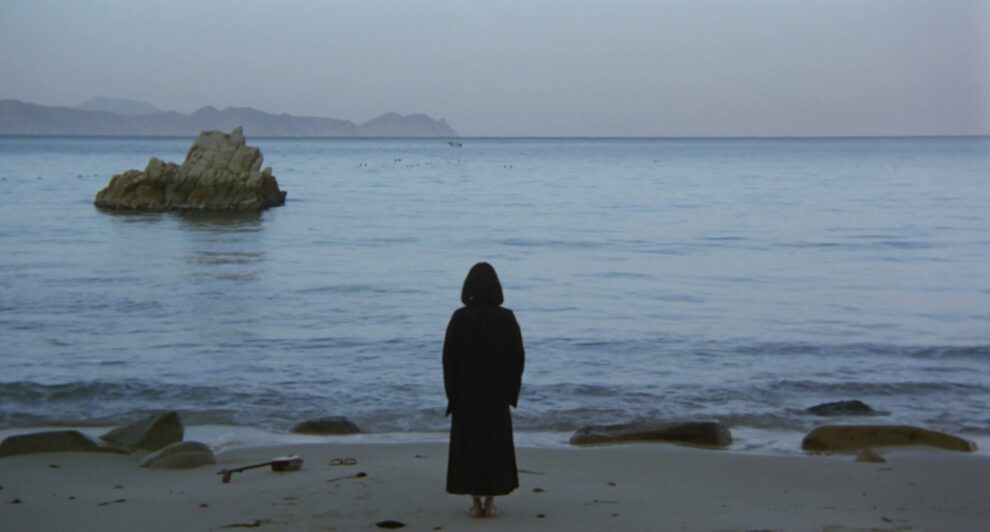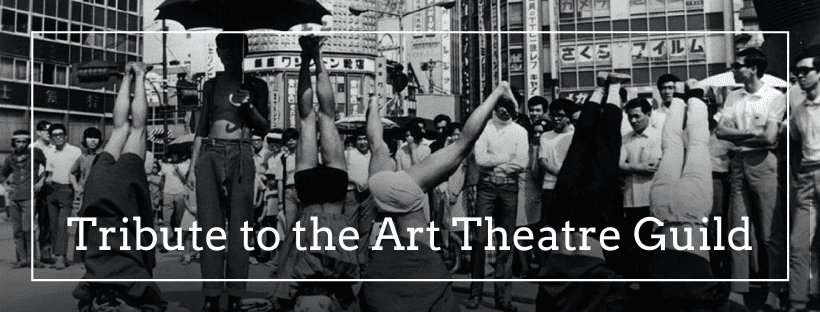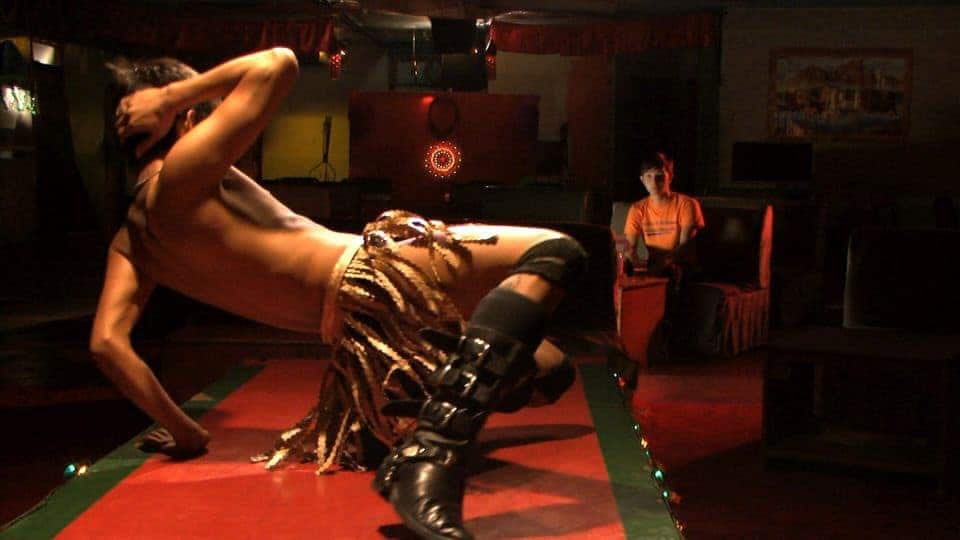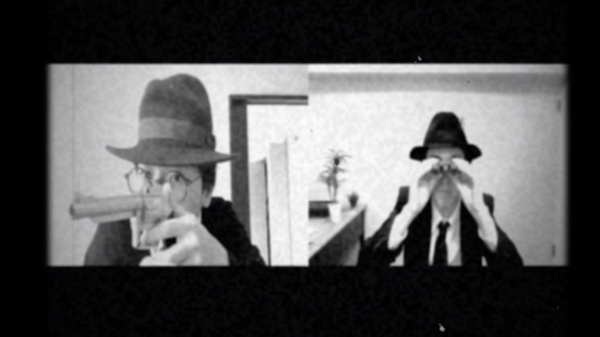Considering Koji Wakamatsu's most significant output percentage, that dealt with pinku films that still managed to appear avant-garde despite the sex and violence presented in them, and the way Art Theatre Guild gave essentially complete freedom and a more significant budget than what they had in the particular type of films to its directors, the collaboration of the two was a great “experiment” from the get go. It seems, however, that the two reached an equilibrium of sorts, with “Eros Eterna” being one of the most artful and even spiritual and sociopolitical on occasion, erotic/exploitation films Wakamatsu ever shot.
In a style that reminds of de Sade's “120 Days of Sodom”, the movie revolves around a priestess who believes she is the reincarnation of the Happyaku Bikuni-sama, a legendary nun who lived for eight-hundred years but retained the youthful appearance of a young woman throughout her whole life, and her interactions with a number of men of all levels of society, all of which end up in something between rape and sex with consent, while the priestess frequently stating her will for someone to kill her. A secondary plot revolves around a younger shrine maiden and her boyfriend, who constantly pressures her to have sex with him, before he leaves the area to go to a good university and get a good job. The girl repeatedly turns down his advances, despite his feelings for him, because she is essentially afraid of sex and men altogether. Eventually, the boy becomes obsessed with the nun, peeping on her sexual endeavors and her taking notice after a point.
The nature of the men Happyaku meets gives the film its sociopolitical hypostasis: an elderly victim of the atom bomb whose whole body is rotting and was the first to embrace the woman; an Ainu fugitive criminal who wants to punish a Yamato woman; a radical leftist bomber who is against the implementation of nuclear plants, and a rich middle-aged man, who preys on vulnerable women, having raped a young one, with Happyaku witnessing the whole thing. The metaphor of each one is quite palpable and quite indicative of the 70s in Japan, with the boy and his bourgeois dreams concluding the demographics of the era, in a rather smartly implemented comment within the narrative.
Check also this interview
Apart from these elements, however, Wakamatsu also “plays” with the religious, with the Shinto and Buddhist connotations being mixed with myth and folklore, in order to add yet another level to the movie, this time much more ritualistic. Also impressive is the way he manages to combine all the aforementioned with violence, death and sex, in a mixture that always found its place in his movies, and finds one of its zeniths here. The way he combines all these together could easily be described as blasphemous when witnessed from a Western/Christian perspective, or even more from the current, dominated by political correctness era, but considering that the three were always intermingled in Japanese culture (or at least more openly presented) his perspective is to be expected. This, however, does not mean that the film is not extreme or provocative, with just the sheer number of erotic scenes deeming it quite close to pornography.
What makes “Eros Eterna” avoid the characterization, though, is Wakamatsu's cinematic approach, which is quite stunning in this case. The whole presentation of the area is wondrous to look at, both by the sea and in the various locations of the temple, with Hideo Ito capturing it in all its glory, assisted by the excellent work in both coloring and lighting. Particularly the final scene with the boat on fire and the sunset is a wonder to look at, and one of the most beautiful in all of Wakamatsu's filmography. Shunji Takemura‘s editing results in a relatively fast pace that manages to fit all episodes and characters (and sex scenes) in the 90 minutes of the movie, neither rushing nor lagging.
Eiko Matsuda in the protagonist role is as impressive as ever, highlighting both her voluptuous beauty and a rather layered character who wants to save cursed men through sex and die in the process. Osamu Sakuta as the Boy and Renji Ishibashi as the radicalist are the ones that stand out from the male actors, in a cast that does a good job overall.
“Eros Eterna” is a film that will probably offend many if watched today, but is also one that shows how exploitation and arthouse can be combined in artful fashion while still presenting quite interesting comments. Furthermore, it is a testament of how Wakamatsu can combine his two hypostases, of the artist and the pornographer, in the most artful way.
















